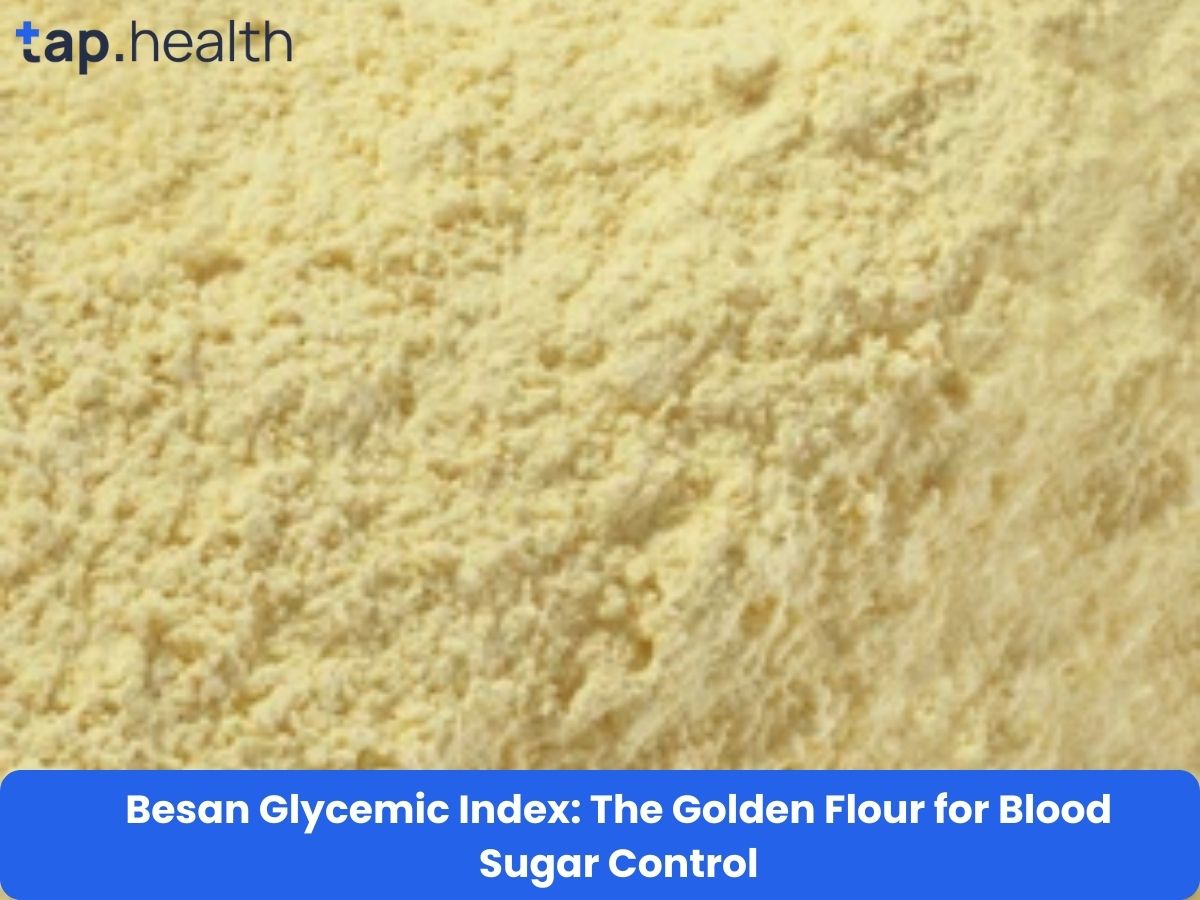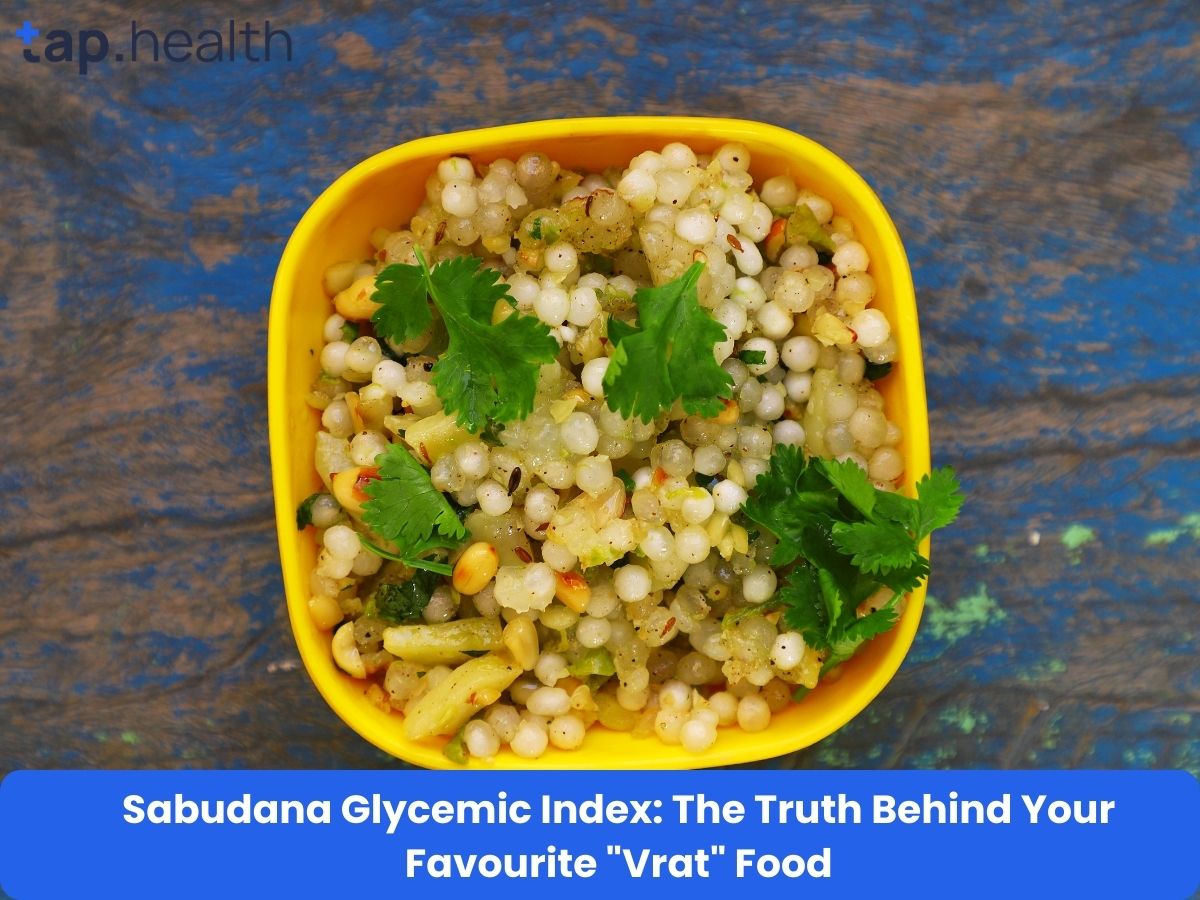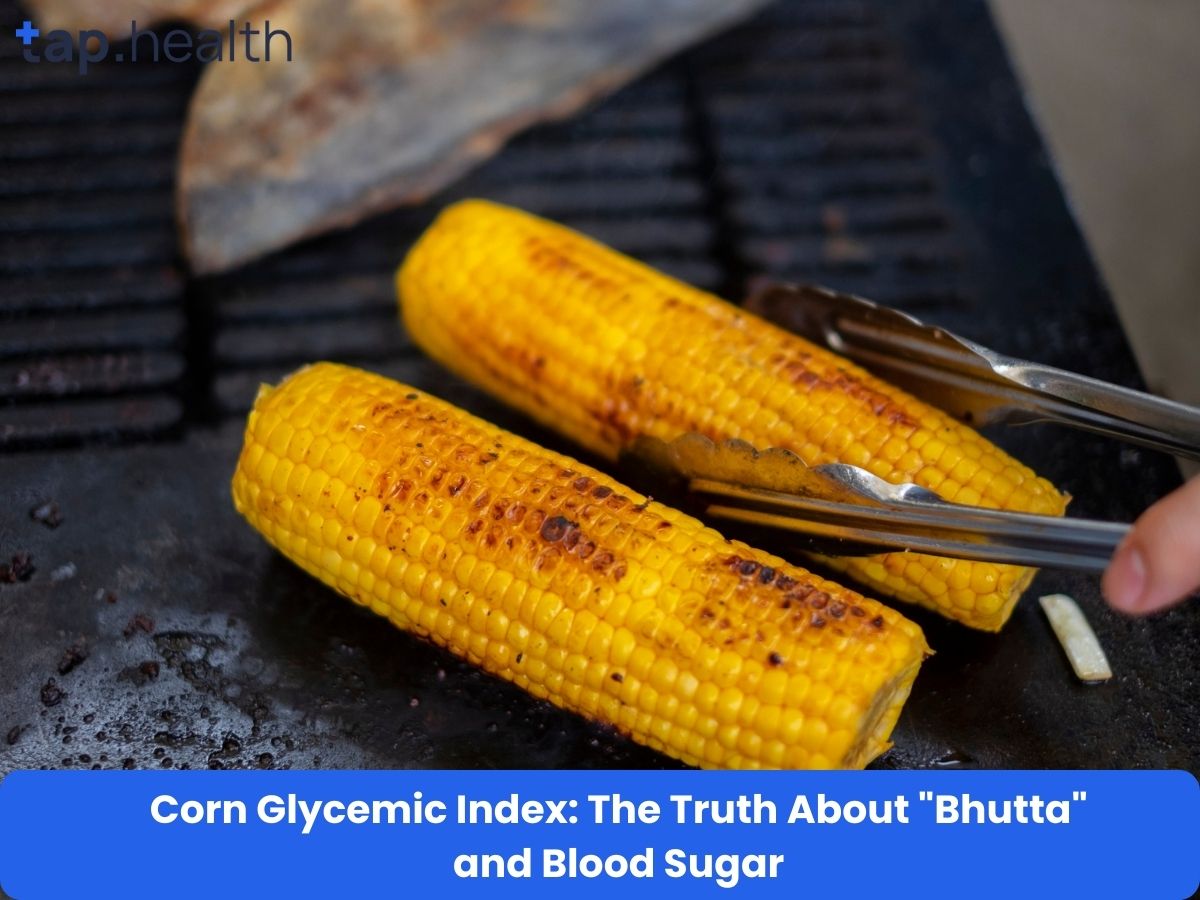As women cross the age of 40, fatigue often becomes a frequent companion due to hormonal shifts, declining metabolism, and lifestyle factors. Fortunately, incorporating the right supplements can help boost energy levels, improve vitality, and combat age-related fatigue. This article explores the best supplements for women over 40, their benefits, and how to integrate them into your routine for optimal health.
Why Do Women Over 40 Experience Fatigue?
Fatigue in women over 40 often stems from a combination of biological and lifestyle factors. Understanding these causes is key to addressing them effectively.
Q: What causes fatigue in women over 40?
A: Fatigue in women over 40 is often triggered by:
- Hormonal Changes: Declining estrogen levels during perimenopause or menopause can disrupt sleep and reduce energy.
- Metabolic Decline: A slower metabolism affects energy production, leading to tiredness.
- Muscle and Bone Changes: Reduced muscle mass and bone density can contribute to physical exhaustion.
- Lifestyle Factors: Stress, poor sleep, lack of exercise, and an unbalanced diet exacerbate fatigue.
By addressing these factors through supplementation, diet, and lifestyle changes, women can regain vitality and combat fatigue effectively.
How Do Supplements Help Combat Fatigue?
Supplements provide essential nutrients that support energy production, improve cellular function, and counteract the effects of aging. They bridge dietary gaps and enhance overall well-being.
Q: How do supplements boost energy levels in women over 40?
A: Supplements support energy by:
- Enhancing Energy Metabolism: Nutrients like Vitamin B12 and Magnesium aid in converting food into usable energy.
- Supporting Cellular Health: Coenzyme Q10 and Omega-3 fatty acids improve mitochondrial function, reducing fatigue.
- Addressing Deficiencies: Supplements correct nutrient deficiencies that contribute to tiredness, such as low iron or Vitamin D levels.
Choosing high-quality supplements tailored to your needs can make a significant difference in combating fatigue.
Top Supplements for Women Over 40 to Fight Fatigue
Here are the most effective supplements for women over 40 to boost energy and improve overall health.
1. Vitamin D for Energy and Vitality
Vitamin D is crucial for bone health, immune function, and energy production. Low levels are linked to fatigue and reduced physical performance.
Q: Why is Vitamin D important for women over 40?
A: Vitamin D:
- Supports energy by reducing fatigue linked to deficiencies.
- Enhances muscle strength and coordination, improving mobility.
- Boosts immune health, reducing inflammation that can cause tiredness.
Recommended Dosage: 600-800 IU daily, as per NIH guidelines. Consult a healthcare provider for personalized advice.
Sources: Sunlight, fatty fish (salmon, mackerel), fortified dairy, and supplements.
Q: How can women over 40 get enough Vitamin D?
A: Combine moderate sun exposure, dietary sources, and high-quality Vitamin D3 supplements, especially if sun exposure is limited.
2. Magnesium: The Energy-Boosting Mineral
Magnesium plays a vital role in over 300 biochemical reactions, including energy production and muscle function.
Q: How does Magnesium help with fatigue?
A: Magnesium:
- Supports ATP synthesis, the body’s energy currency.
- Promotes restful sleep, reducing fatigue.
- Regulates muscle and nerve function, enhancing physical performance.
Recommended Dosage: Approximately 320 mg daily for women over 40.
Sources: Leafy greens, nuts, seeds, whole grains, and supplements.
Q: Who should consider Magnesium supplements?
A: Women with low dietary intake, poor sleep, or conditions affecting magnesium absorption should consider supplementation after consulting a healthcare provider.
3. Omega-3 Fatty Acids for Energy Metabolism
Omega-3 fatty acids, found in fish oil and algae-based supplements, support heart health, reduce inflammation, and enhance energy metabolism.
Q: How do Omega-3s combat fatigue?
A: Omega-3s:
- Improve mitochondrial function, boosting energy production.
- Reduce oxidative stress, which contributes to tiredness.
- Support overall vitality, improving physical and mental energy.
Sources: Fatty fish (salmon, sardines), walnuts, flaxseeds, and supplements.
Q: Can vegetarians get enough Omega-3s?
A: Yes, algae-based Omega-3 supplements are an excellent option for vegetarians and vegans to meet their needs.
4. Vitamin B12 for Energy Production
Vitamin B12 is essential for red blood cell production and oxygen transport, both critical for energy levels.
Q: Why is Vitamin B12 important for women over 40?
A: Vitamin B12:
- Prevents fatigue caused by low red blood cell counts.
- Supports nerve health, improving mental clarity.
- Enhances energy metabolism for sustained vitality.
Recommended Dosage: Consult a healthcare provider, as needs vary. Common doses range from 2.4 mcg to 1000 mcg daily for deficiency correction.
Sources: Meat, fish, eggs, fortified cereals, and supplements.
Q: Who is at risk for Vitamin B12 deficiency?
A: Vegetarians, vegans, and women with absorption issues (e.g., due to aging or medical conditions) may need B12 supplements.
5. Iron for Oxygen Transport
Iron is vital for hemoglobin production, which carries oxygen to tissues, preventing fatigue.
Q: How does iron help with fatigue?
A: Iron:
- Combats fatigue caused by anemia or low oxygen levels.
- Supports energy production by ensuring oxygen delivery to cells.
- Improves physical endurance and mental focus.
Recommended Dosage: Varies based on individual needs; consult a healthcare provider to avoid overload.
Sources: Red meat, spinach, lentils, and iron supplements.
Q: When should women take iron supplements?
A: Women with diagnosed iron deficiency or symptoms like chronic fatigue should consult a doctor for testing and supplementation guidance.
How to Choose the Right Supplements
Selecting the right supplements requires careful consideration to ensure safety and effectiveness.
Q: How do I choose the best supplements for fatigue?
A: To choose supplements:
- Consult a Professional: Work with a healthcare provider or dietitian to assess deficiencies and needs.
- Check Quality: Opt for reputable brands with third-party testing for purity and potency.
- Tailor to Needs: Select supplements based on specific symptoms, like iron for anemia or Vitamin D for low sun exposure.
Q: Are there risks to taking supplements?
A: Yes, over-supplementation or interactions with medications can occur. Always consult a healthcare provider before starting supplements.
Lifestyle Tips to Complement Supplements
Supplements work best when paired with healthy lifestyle practices to maximize energy and combat fatigue.
Q: What lifestyle changes can help reduce fatigue?
A: Combine supplements with:
- Balanced Diet: Eat nutrient-dense foods like whole grains, lean proteins, and vegetables.
- Regular Exercise: Incorporate strength training and cardio to boost metabolism and muscle health.
- Stress Management: Practice yoga, meditation, or mindfulness to reduce stress-related fatigue.
- Quality Sleep: Create a relaxing bedtime routine and optimize your sleep environment.
Conclusion
Combating age-related fatigue in women over 40 requires a holistic approach that includes essential supplements like Vitamin D, Magnesium, Omega-3 fatty acids, Vitamin B12, and Iron. These nutrients address deficiencies, support energy metabolism, and enhance overall vitality. By pairing supplementation with a balanced diet, regular exercise, and stress-reducing practices, women can effectively fight fatigue and improve their quality of life. Always consult a healthcare professional before starting any supplement regimen to ensure it aligns with your individual health needs.



